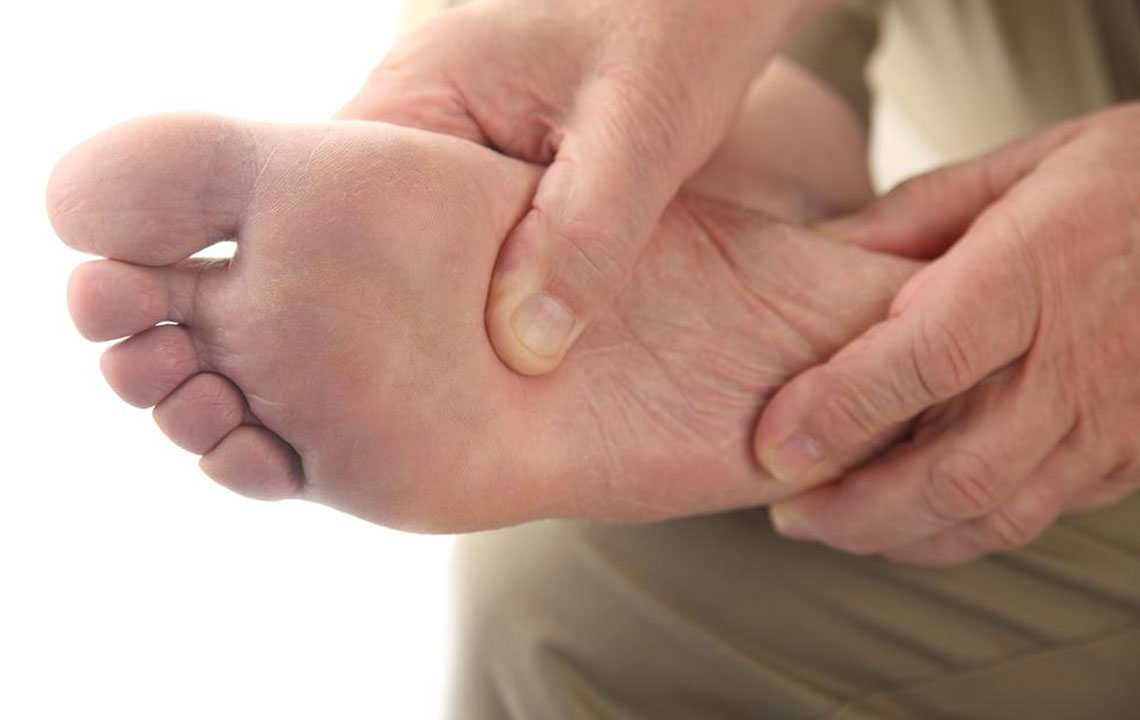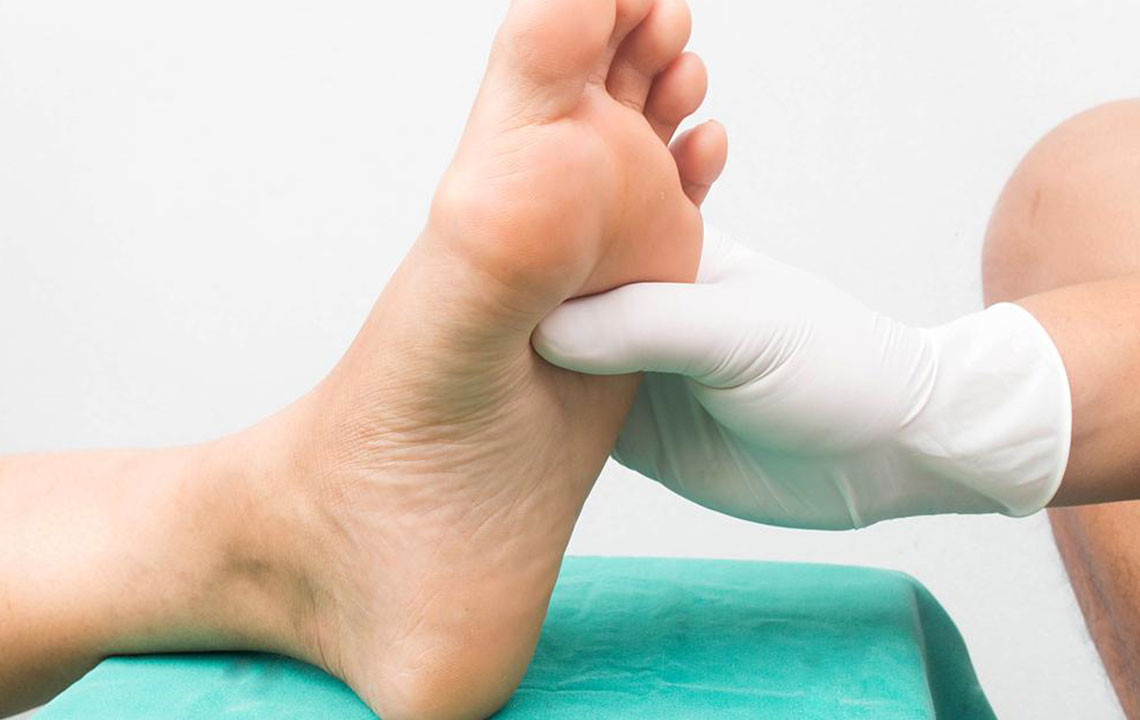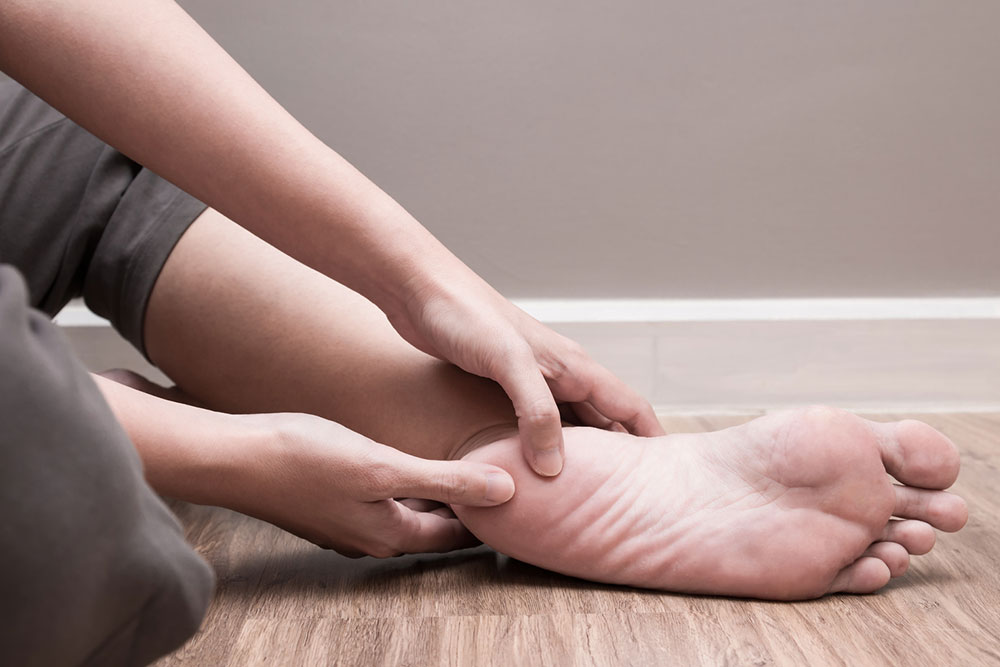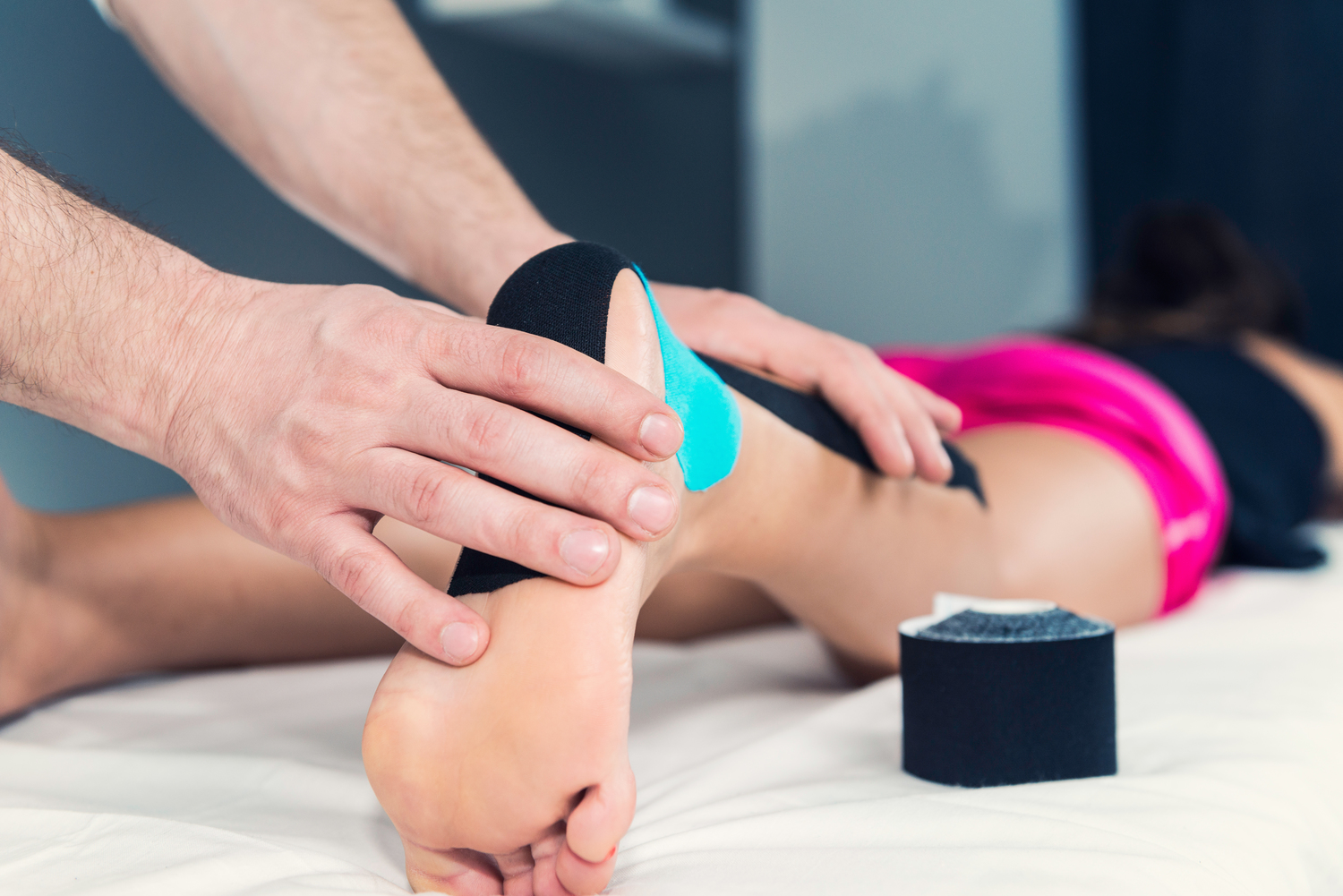Key Strategies for Managing Diabetic Foot Discomfort
Effective management of diabetic foot discomfort involves a combination of dietary control, regular exercise, lifestyle adjustments, and proper foot care. Monitoring symptoms and controlling blood sugar levels are key to preventing severe complications such as ulcers and nerve damage. Therapies like acupuncture and meditation can help ease pain, but professional guidance is essential for optimal results. Early intervention and consistent care significantly improve quality of life for individuals with diabetic peripheral neuropathy.

Key Strategies for Managing Diabetic Foot Discomfort
Diabetes elevates blood sugar levels, resulting in numerous health complications, including diabetic foot discomfort, also known as diabetic peripheral neuropathy. This persistent condition stems from prolonged high blood sugar, which damages nerves over time. While some individuals experience no symptoms, others may face severe discomfort. Monitoring symptoms is vital for timely intervention and effective treatment options.
Understanding the primary causes of diabetic peripheral neuropathy is essential. Approximately 60-70% of diabetics develop some form of nerve damage, with foot discomfort being a common manifestation. Identifying and tracking symptoms can help manage the condition effectively.
Nutritional Choices: Prioritize a balanced diet rich in salads, leafy greens, and fresh fruits. Consult your healthcare provider for personalized dietary plans, especially if there are restrictions. Incorporate whole grains and lean proteins for optimal nerve health.
Regular Physical Activity: Exercise complements a healthy diet by strengthening muscles and reducing joint pain. Daily walks of at least 30 minutes or practice of yoga and meditation can promote overall well-being and nerve function.
Lifestyle Modifications: Quitting smoking and minimizing alcohol consumption are critical. Smoking obstructs blood vessels, impairing nutrient delivery to nerves. Discuss cessation options with your doctor for effective support.
Foot Care Routine: Inspect both feet daily for blisters, cuts, or infections. Proper foot hygiene, including washing with warm water and avoiding prolonged soaking, can alleviate symptoms and prevent complications.
Weight Management: Maintaining a healthy weight reduces pressure on the legs and foot nerves, aiding in pain reduction and overall health.
Symptoms worsening at night may include numbness, burning sensations, cramps, muscle weakness, loss of balance, and foot ulcers or deformities. Managing blood sugar levels is crucial; controlled blood sugar can significantly reduce nerve damage and discomfort. Adherence to prescribed medications, a diabetes-friendly diet, and monitoring health status are vital. Some therapies like meditation, acupuncture, biofeedback, and physical activities such as swimming have shown effectiveness in managing pain.
Important Note:
Our blog provides thorough information across various health topics. While our research offers useful insights, it should not replace professional medical advice. Always consult healthcare professionals for personalized diagnosis and treatment. The site may not include all current schemes or offers relevant to individual needs.










